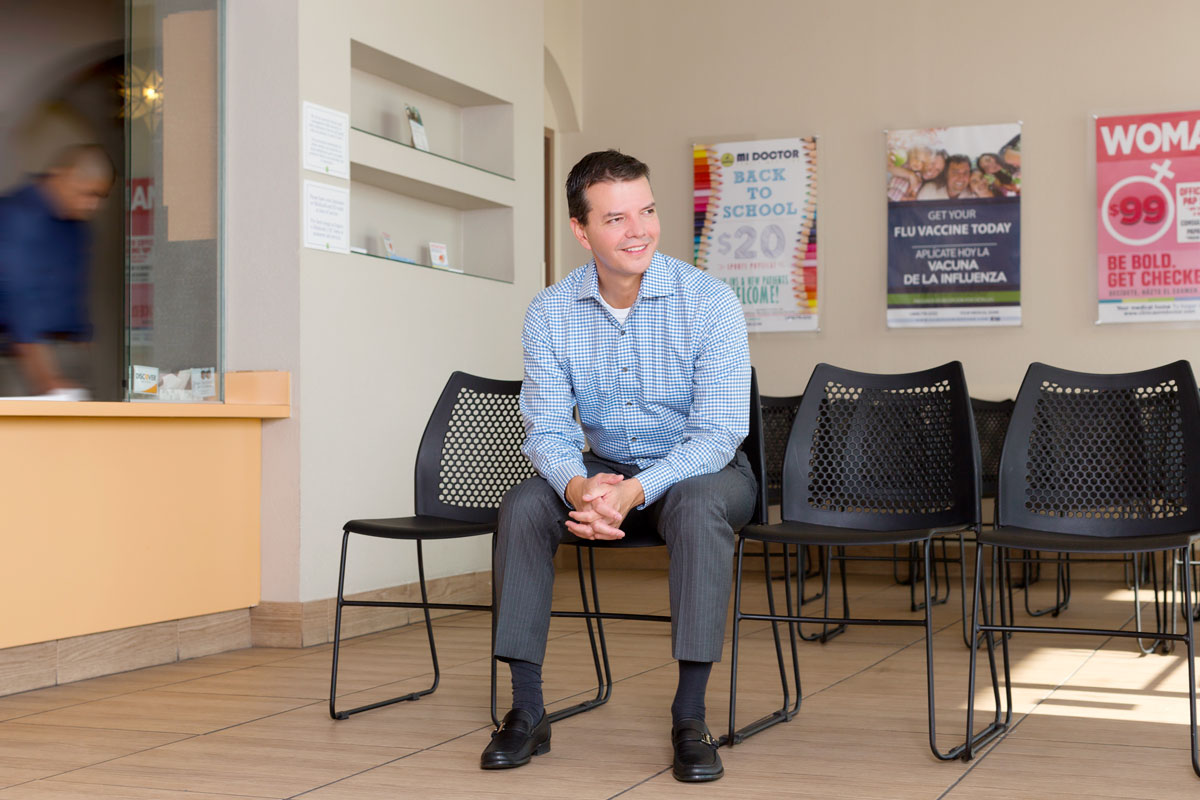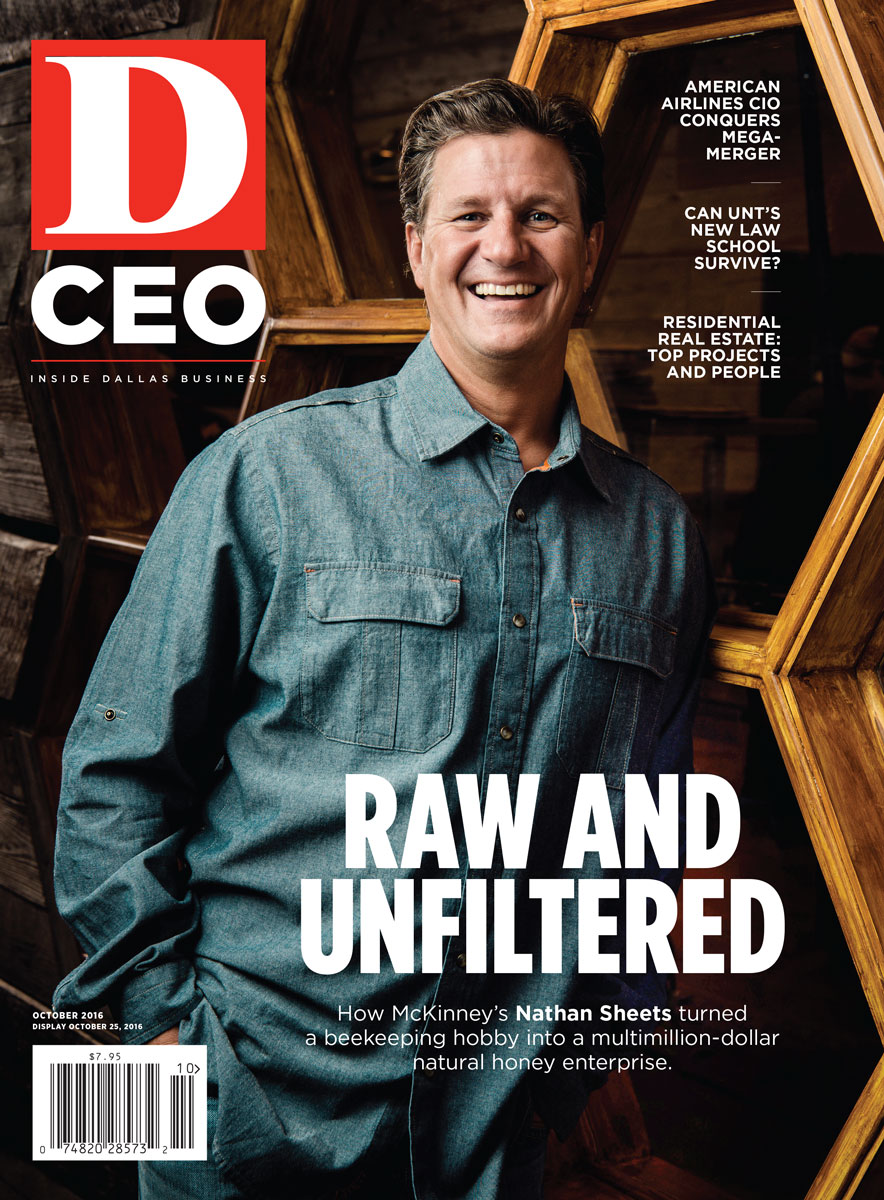One of the fastest-growing chains of clinics in North Texas dots many of its underserved areas, far from the generally desirable—and profitable—privately insured middle- and upper-middle class, who will come when they get sick and be able to pay. No, the MD Medical Group, which includes the Clinicas Mi Doctor, MD Family, and MD Kids Pediatrics clinic brands, has 32 locations in communities like South Oak Cliff, Pleasant Grove, Garland, West Dallas—places where the median household income can dip tens of thousands of dollars below that of the state’s. Two-thirds of its patients are insured by Medicaid and 18 percent are uninsured or self-pay; many physicians say this population would put them out of business.
“We went after a market that nobody wanted, that nobody wants,” says Alvaro Saenz, the company’s CEO. “We went after a market that, frankly, nobody is serving in a systematic way, and something that nobody wanted to do—which is Hispanic Medicaid.”
It’s tough to break even without commercial insurance buttressing your bottom line. Medicaid pays about 65 percent of what Medicare hands over for the same services, according to the Kaiser Family Foundation. And Medicare pays about 80 percent of what commercial insurers pay. Nevertheless, in the mid-2000s, Dr. Gonzalo Venegas was making it work at two of his Oak Cliff clinics. A third was struggling, but he attracted the attention of a successful entrepreneur who linked up with a civic-minded investment fund based in Irving. And so in April of 2007, Clinicas Mi Doctor had a $1.5 million infusion and a goal to become self-sustaining while providing care to low-income patients.
Saenz, an engineer by trade, was hired that October and, despite having next to no healthcare experience, oversees what essentially has been a laboratory in efficiency. It launched with electronic health records, years before the federal mandate. Doctors could see their patient outcomes and compare them with their colleagues—a prescient strategy.
Just 37 percent of Texas physicians see new Medicaid patients, meaning that these folks will likely struggle to find a specialist. So the clinics invested in pulmonary function testing machines, spirometers, and audiometers. They run pilots, like a $40,000 investment in an asthma specialist whose one-hour sessions on avoiding asthma attacks saved a Parkland Hospital health plan more than $750,000 in a year from fewer emergency room visits. Other experiments are as simple as patients checking in using an iPad—it takes about 52 seconds instead of five minutes with a receptionist. Saenz timed it with a stopwatch.
That $1.5 million investment has grown into a company with more than $55 million in annual revenue and $8 million in earnings. Eighty-five physicians log 520,000 visits a year. It has acquired practices in Houston and Beaumont and rebranded the parent company as MD Medical Group. And with that rebrand comes minor changes to welcome more patients of ethnicities in addition to Hispanics. For instance, the doors won’t only be marked “Salida” anymore.







